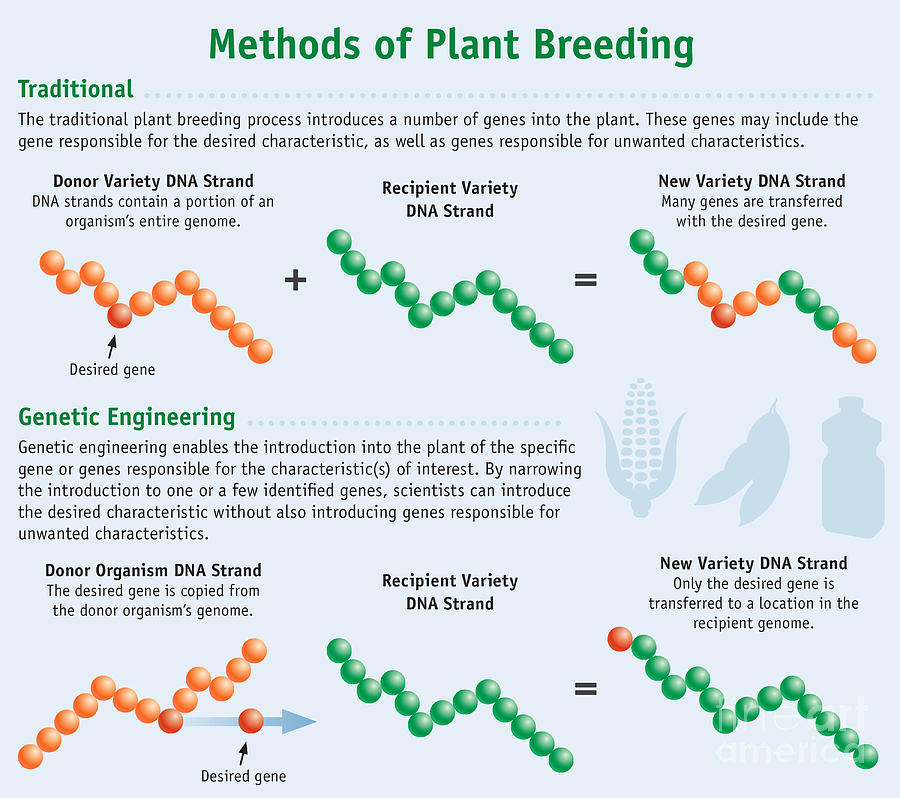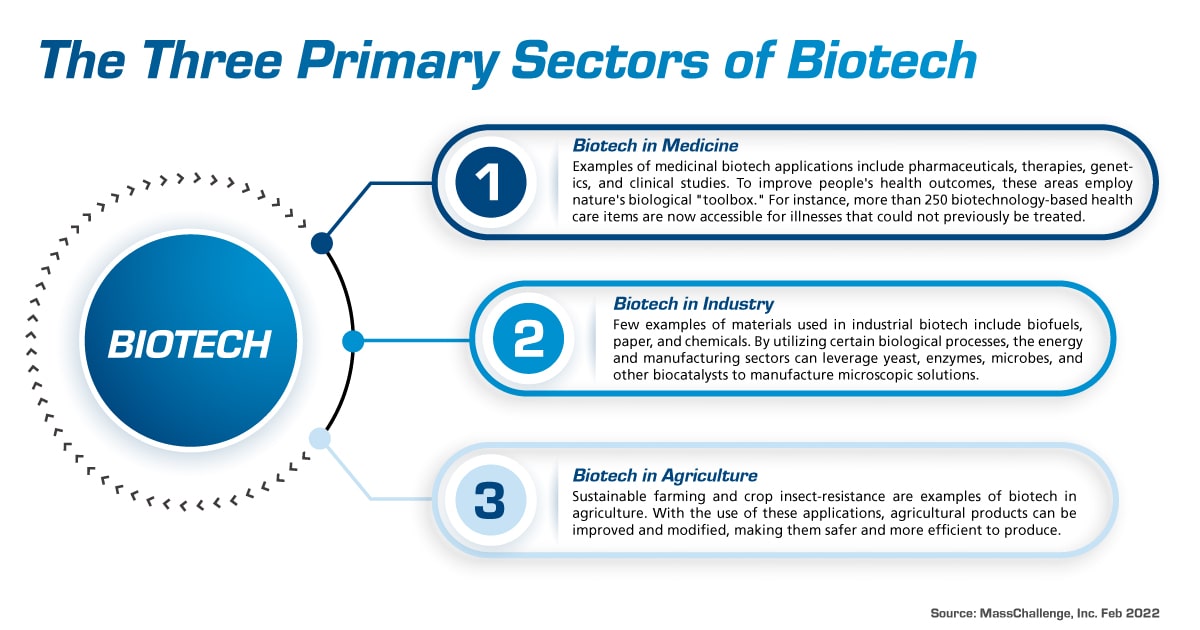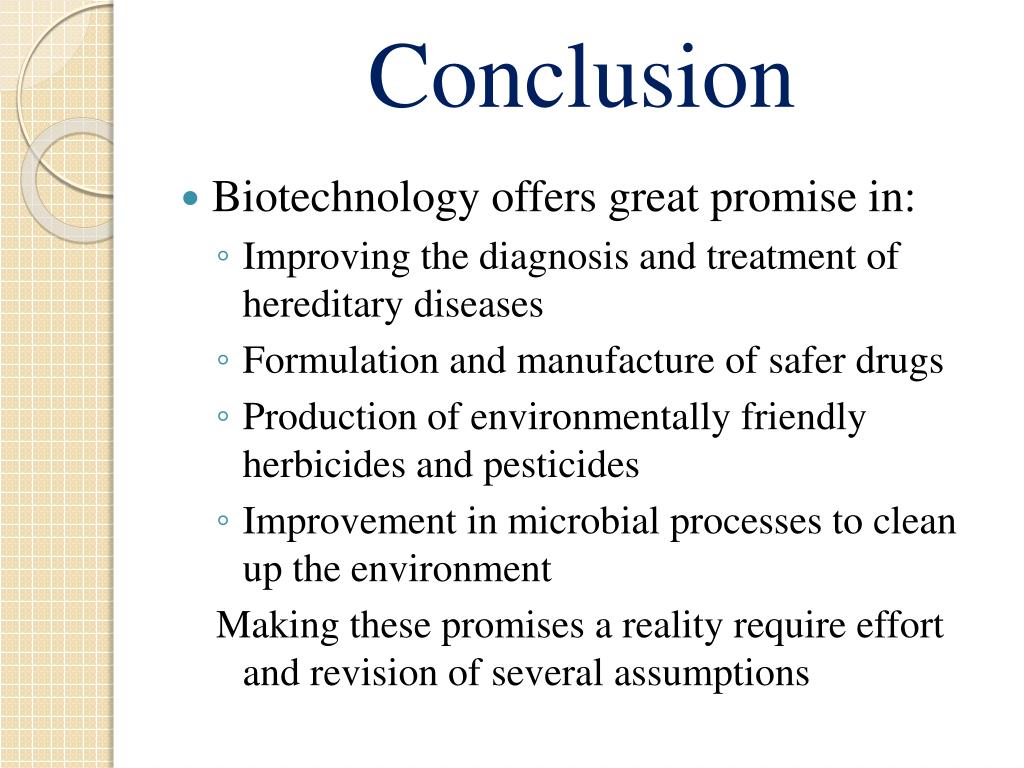Biotechnology In Cauliflower Presentation
| Introduction to Biotechnology in Cauliflower. | ||
|---|---|---|
| Biotechnology encompasses the use of biological systems, organisms, or derivatives to develop or modify products and processes for various applications. Cauliflower, a popular cruciferous vegetable, has been a focus of biotechnology research to enhance its traits and improve its overall quality. Biotechnology in cauliflower involves genetic engineering, tissue culture, and molecular breeding techniques. | ||
| 1 | ||
| Genetic Engineering in Cauliflower. | ||
|---|---|---|
| Genetic engineering allows scientists to modify the genetic makeup of cauliflower by introducing specific genes. Genes can be added, removed, or modified to enhance desired traits such as disease resistance, increased yield, or improved nutritional content. Genetic engineering techniques in cauliflower have led to the development of transgenic varieties with improved traits. | ||
| 2 | ||
| Disease Resistance in Cauliflower. | ||
|---|---|---|
| Biotechnology has enabled the development of cauliflower varieties with enhanced disease resistance. Specific genes can be introduced into cauliflower to confer resistance against common pathogens such as downy mildew or clubroot. Disease-resistant cauliflower varieties help reduce crop losses and the need for chemical pesticides. | ||
| 3 | ||
| Improved Nutritional Content in Cauliflower. | ||
|---|---|---|
| Biotechnology has been used to enhance the nutritional content of cauliflower. Through genetic engineering, researchers have increased the levels of important nutrients, such as vitamins, minerals, and antioxidants. Improved nutritional content in cauliflower can contribute to a healthier diet and provide additional health benefits to consumers. | ||
| 4 | ||
| Tissue Culture in Cauliflower. | ||
|---|---|---|
| Tissue culture involves the growth and development of cauliflower plants from small tissue samples in a controlled laboratory environment. Through tissue culture, large quantities of cauliflower plants can be produced rapidly and efficiently. Tissue culture techniques also allow for the selection and propagation of desirable traits in cauliflower. | ||
| 5 | ||
| Molecular Breeding in Cauliflower. | ||
|---|---|---|
| Molecular breeding combines traditional breeding methods with molecular techniques to improve cauliflower varieties. By identifying and selecting specific genes or markers associated with desirable traits, breeders can accelerate the development of new cauliflower varieties. Molecular breeding in cauliflower enables more precise and efficient breeding strategies. | ||
| 6 | ||
| Herbicide Tolerance in Cauliflower. | ||
|---|---|---|
| Biotechnology has been used to develop cauliflower varieties with herbicide tolerance. Herbicide-tolerant cauliflower can withstand the application of specific herbicides, allowing for effective weed control without harming the crop. Herbicide-tolerant cauliflower varieties can contribute to more sustainable and efficient farming practices. | ||
| 7 | ||
| Challenges and Concerns in Biotechnology in Cauliflower. | ||
|---|---|---|
| Despite the potential benefits, biotechnology in cauliflower is not without challenges and concerns. Regulatory frameworks, public perception, and ethical considerations surrounding genetically modified organisms (GMOs) affect the adoption of biotechnology in cauliflower. Ensuring the safety and long-term environmental impact of genetically modified cauliflower varieties is an ongoing concern. | ||
| 8 | ||
| Future Prospects of Biotechnology in Cauliflower. | ||
|---|---|---|
| Biotechnology holds great promise for further advancements in cauliflower breeding and crop improvement. Continued research and development can lead to the creation of cauliflower varieties with enhanced traits, improved productivity, and increased adaptability to changing environmental conditions. Biotechnology in cauliflower will contribute to sustainable agriculture and food security in the future. | ||
| 9 | ||
| Conclusion. | ||
|---|---|---|
| Biotechnology offers numerous opportunities for the improvement of cauliflower through genetic engineering, tissue culture, and molecular breeding. Disease resistance, improved nutritional content, herbicide tolerance, and other desirable traits can be achieved through biotechnological approaches. Ethical considerations and public acceptance need to be carefully addressed to ensure the responsible and sustainable use of biotechnology in cauliflower. | ||
| 10 | ||

.PNG)

:max_bytes(150000):strip_icc()/cauliflower-4fe97249e5a94cbaad2934a09dcb0365.jpg)





